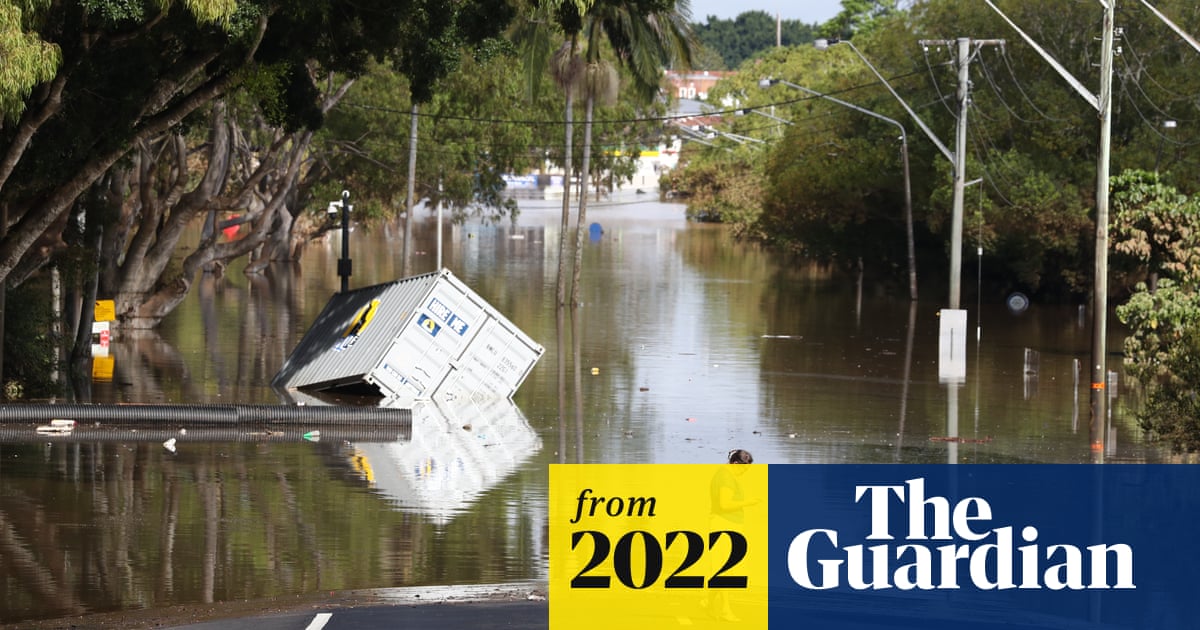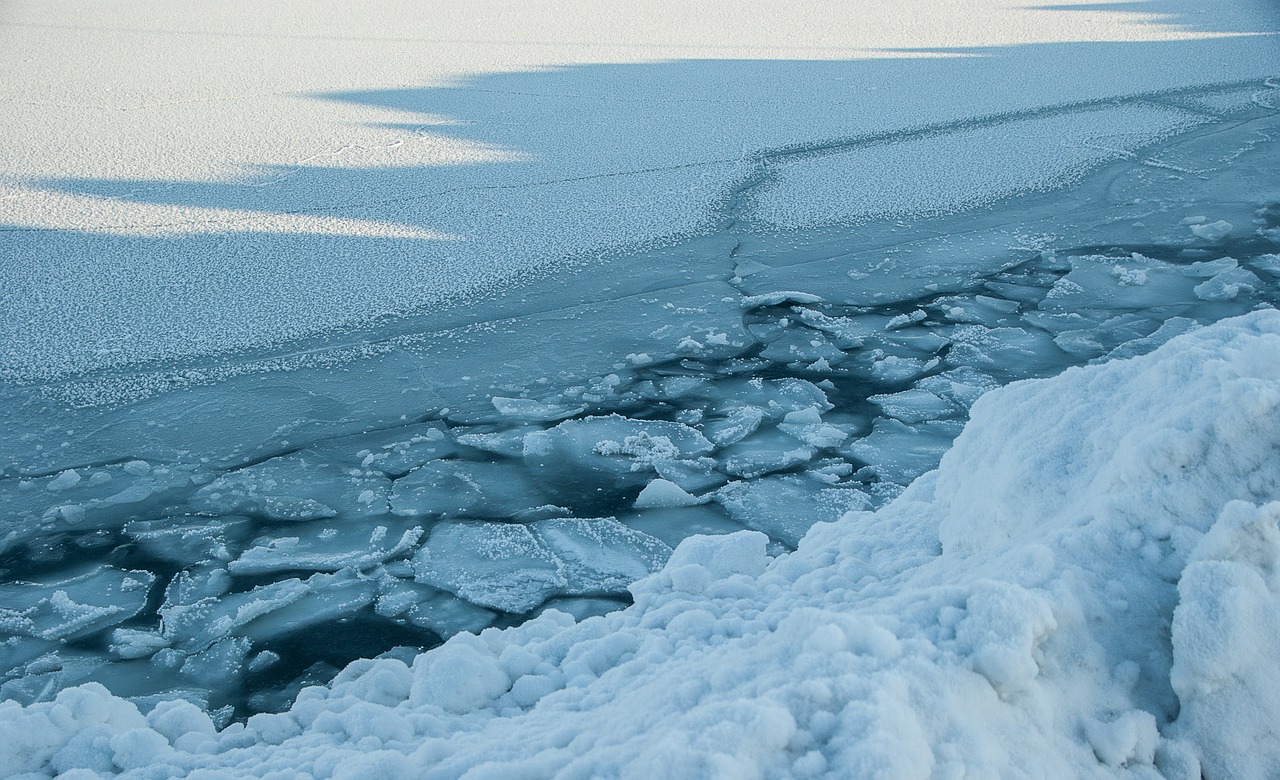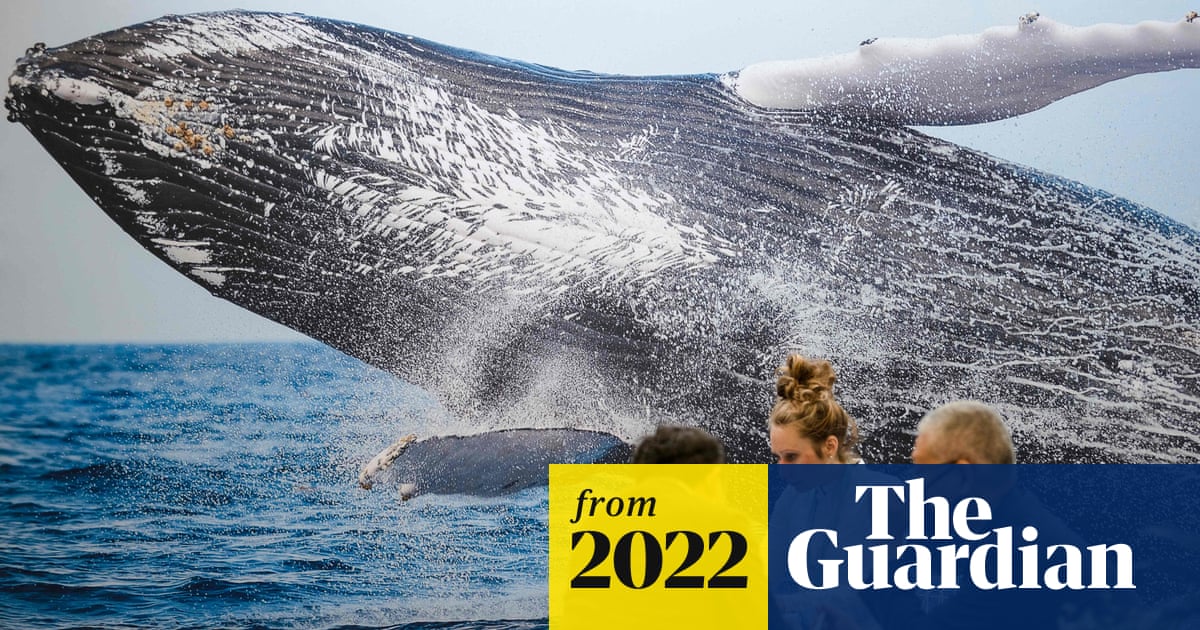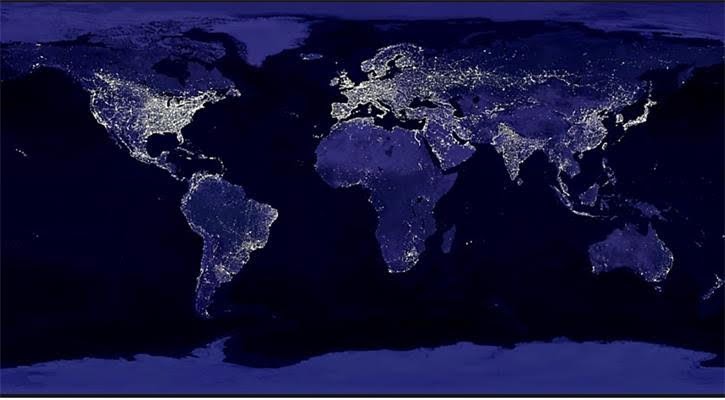Vernon, ask yourself why RCP8.5 was replaced with RCP4.5? Climate modeling still doesn't have a strong grip on all the variables and how they affect climate, though it is critical that they keep improving this work.
I like the use of the phrase, "climate sensitivity", to better address the real effort in climate modeling of all those variables, like the impact from CO2. Language is important and it has been abused. Consider how stupid the phrase "climate denier" sounds, which is, no doubt, intended as an ad hominem. I can't imagine anyone claiming there is no such thing as a climate?
I wonder how many realize that more will die from cold than from heat in the next 12 months.? The CDC shows significantly more from cold in the US, which is based on death certificates. Other sources, however, say it is about even. Yet, world-wide, the mortality from cold is likely more than 5 to 1. [
here] Heat in the winter requires, currently, fossil fuels. Air conditioners made the south livable, also requiring fossil fuels. We are playing with lives of the vulnerable if we move off fossil fuels too quickly, and rhetoric suggests that's the direction being taken. Wind and solar can help but we must understand their limitations.
More science, less hullabaloo.






